Earl
My father was diagnosed with Alzheimer’s disease in 2016.
When the diagnosis was confirmed, I was in shock. It was hard for me to believe that my father, Earl Senior, had Alzheimer’s. You hear about others getting this disease all the time, yet I didn’t know much about it, and I started worrying about my own future.
As soon as my father was diagnosed, his doctor put him on medication but my dad had to give up his driver’s licence immediately. Losing his independence like this was difficult, but his safety and that of others came first.
People who know me and my family were very supportive and attentive when we told them about dad, but it was hard for my immediate family to come to terms with his diagnosis. Some of them started digging into their own family history to see if anyone had ever had Alzheimer’s.
As for me, I started to do research on Alzheimer’s so I could be prepared and help my dad as much as possible. As a father of two kids, it’s important that I be there for my dad every step of the way of his journey with Alzheimer’s.
Have I ever experienced stigma? What I can tell you is that I learned that many people automatically assume that once you get this disease, your time is very limited before you “succumb” to it. People like my dad still have a lot of life to live. We just need adjust to their lives and support them as best as possible.
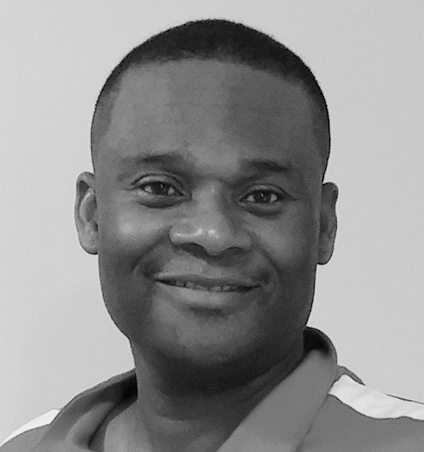
HERE ARE MY TIPS TO HELP YOU UNDERSTAND:
- Be informed about dementia. Don’t make assumptions about this disease. Do your homework, talk to others who are experiencing dementia and don’t be afraid to ask questions.
- Be realistic but respectful and thoughtful. There’s no question. Alzheimer’s is a tough disease. The person you care for will eventually change as the disease progresses. I see this happening with my own father. But he’s still my dad. He’s still a human being who deserves respect and has a right to take part in decisions that affect his future.
- Be pro-active about your health. I’ve learned that dementia can happen to anyone at any time. That’s why it’s so important to do whatever you can now to reduce your risk. Improve your diet, increase your physical activity and exercise your brain.
-
More Stories
-
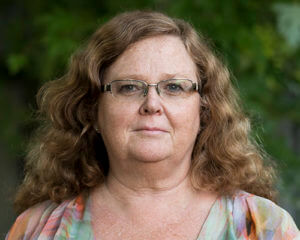
Jane
2019
Ontario
-
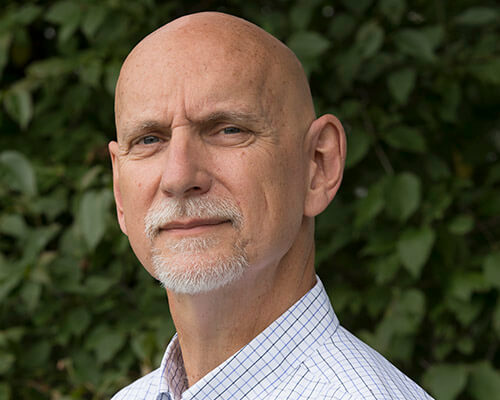
Keith
2019
Ontario
-
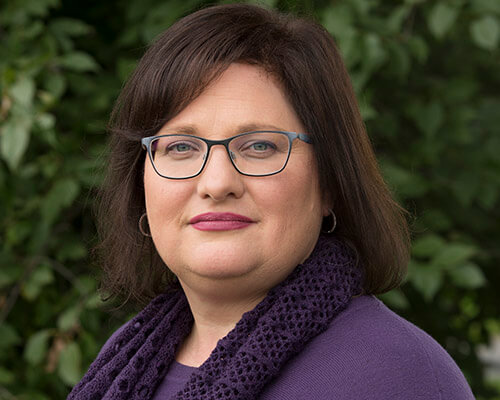
Robin
2019
Ontario
-
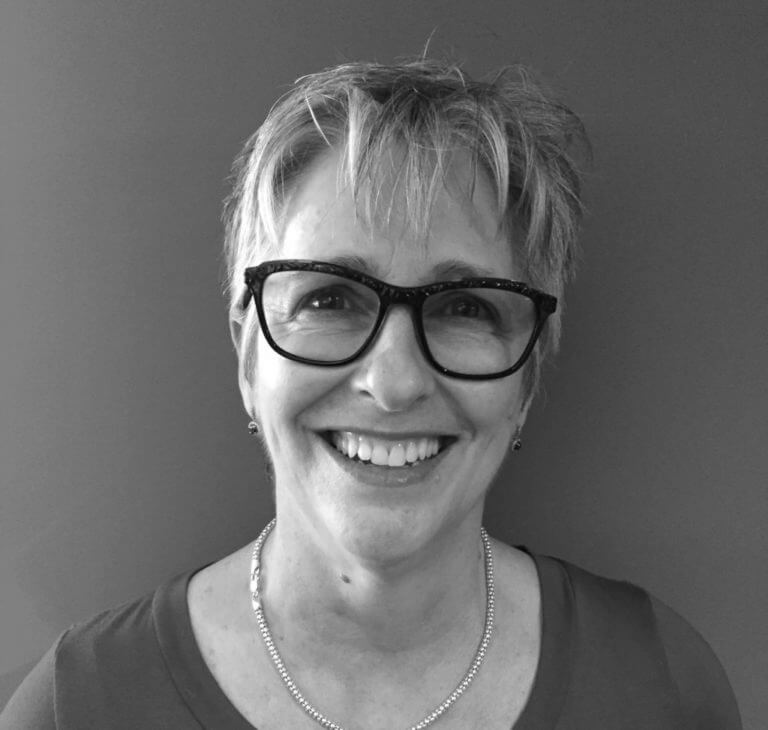
Shelley
2018
Ontario

Comments
We may use your information in order to track your relationship with us and our site(s). We do NOT share your information with third parties.